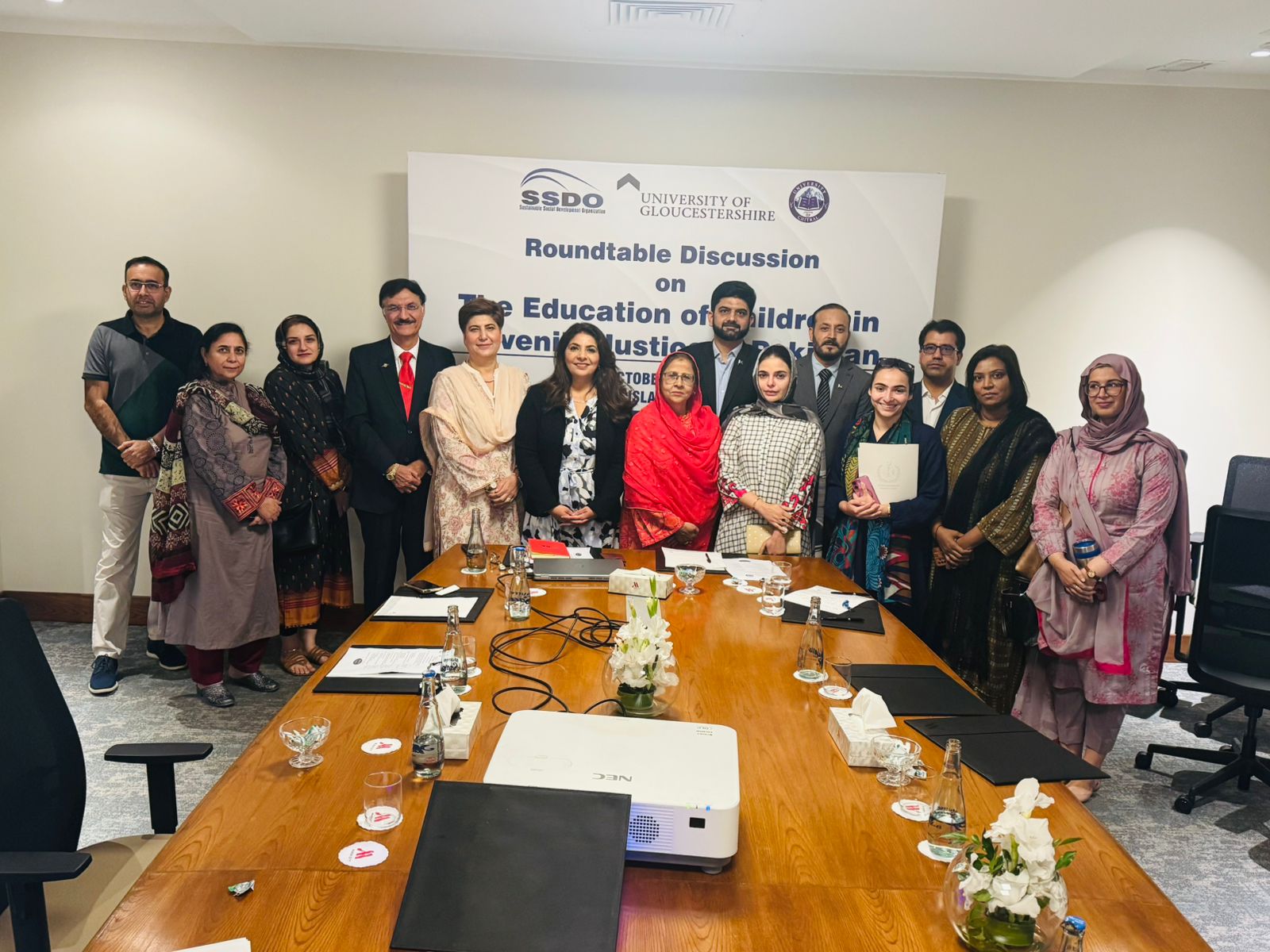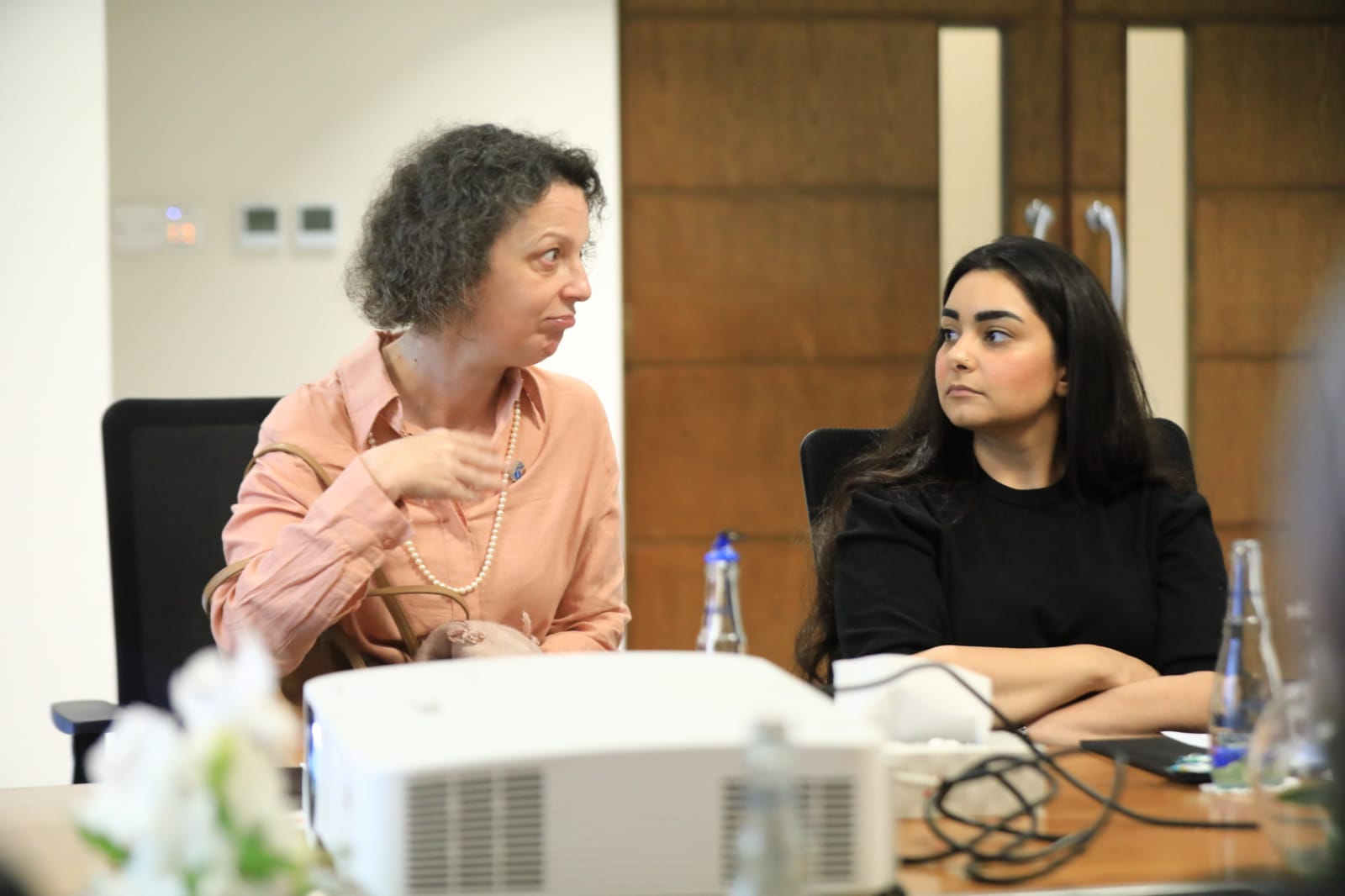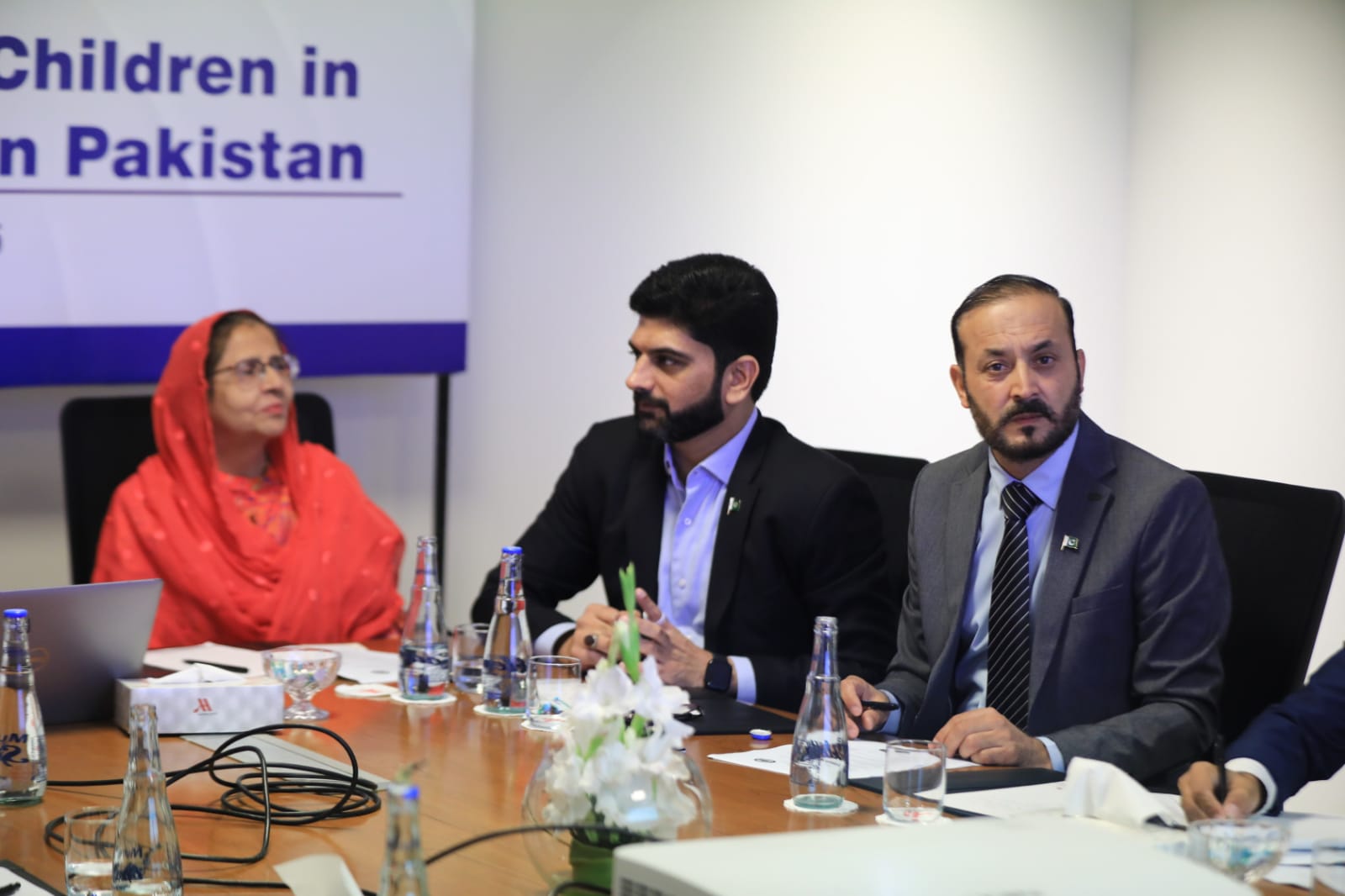University of Chitral in collaboration with the University of Gloucestershire (United Kingdom) and Sustainable Social Development Organization (SSDO) organized a Roundtable Discussion on “Right to Education in Juvenile Justice System in Pakistan. The session brought together academics both from UK and Pakistan, parliamentarians, representatives from the National Commission on the Rights of the Child (NCRC), and civil society organizations to deliberate on the current state of incarcerated juveniles in Pakistan and explore ways to ensure their education and rehabilitation. The discussion underscored that incarcerated children remain one of the most neglected groups in the justice system, with an estimated 1,700 to 2,000 juveniles currently in prisons across Pakistan, of whom nearly 89 percent are under trial. Most of these children come from economically disadvantaged backgrounds and lack access to legal aid or educational opportunities. Facilitators of the roundtable included Professor Adeela Ahmed Shafi from the University of Gloucestershire (UK), Prof. Dr. Hazir Ullah, Vice Chancellor University of the University of Chitral, and Syed Kausar Abbas, Executive Director of the Sustainable Social Development Organization (SSDO). Speaking at the event, Dr. Nikhat Shakeel, Chairperson of the Parliamentary Caucus on Child Rights, stated that “the safeguarding and protection of children is our top priority. The caucus will review existing policies related to juvenile justice and push for substantial reforms through legislative measures.” The Participants emphasized the need for comprehensive reforms and inclusive education initiatives within the juvenile justice framework to ensure the rehabilitation and reintegration of children in conflict with the law. The Vice Chancellor University of Chitral stressed that the University of Chitral is ready to offer its services for the rehabilitation of juvenile. The discussion also examined the minimum age of criminal responsibility, which varies internationally—from as low as 7 years in India to 18 years in Brazil—and highlighted the relevance of the legal concept “Doli Incapax,” meaning “incapable of criminal intent,” as an essential principle in juvenile law. Speakers agreed that a lower age of criminal responsibility increases the state’s responsibility to ensure proper education, rehabilitation, and protection for children within the justice system. The roundtable concluded with a collective commitment to develop actionable strategies and collaborative frameworks to promote the rights, education, and rehabilitation of incarcerated juveniles in Pakistan. Participants also agreed to form a working group to follow up on the recommendations and facilitate evidence-based advocacy and policy reform








